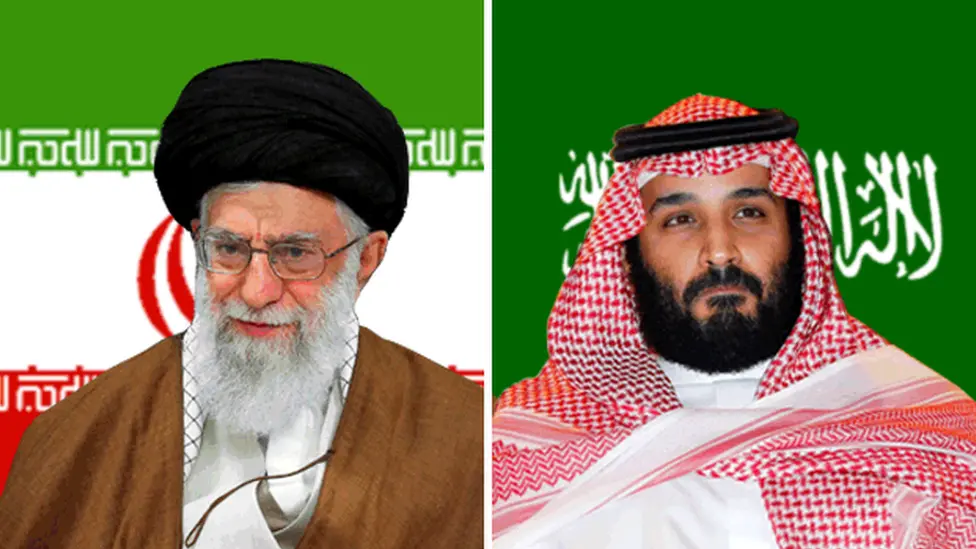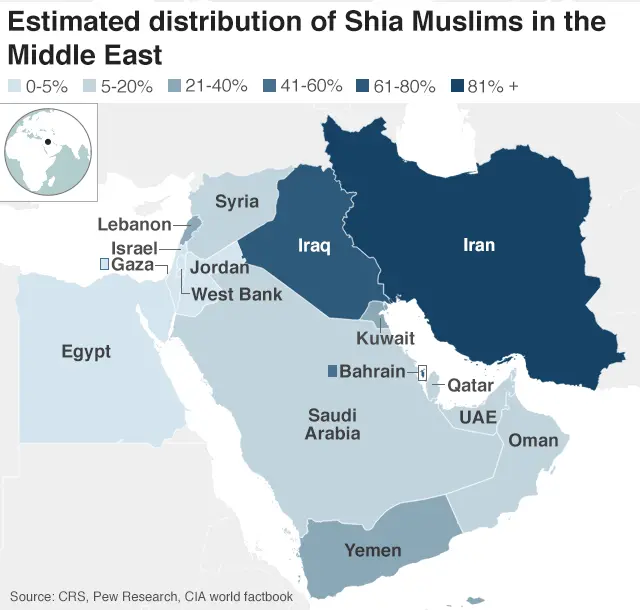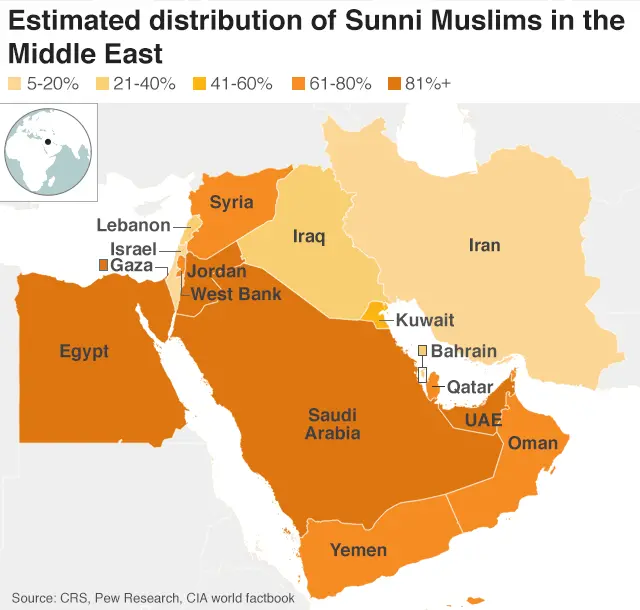Feb
19
Who are “others”?
February 19, 2024 | | 4 Comments
To be an “other” is to be an outsider. This typically means that the person or group of others is hard for the community to understand. For example, at Dickinson College I am a member of a Panhellenic sorority. If you ask people in Greek life about ritual events it is normal to them. It is part of their community—it is what they are used to. However, if anyone else who is not in Greek life would very confused and most likely think it is not normal. The “other” depends on whose side you are looking at. For me, I am an insider in Greek life, it is my community and my culture. However, for athletes or people who are not a member in Greek life my community is seen as the “others”. When there is a group of “others” typically you only see their one “thing” that makes them different and overlook any other identities the group may have. This type of “other” is a group of others, but still, there can be individual others.

My sorority sisters and I on Bid Day Spring 2024
Not only are there individual “others”, but there can be “others” within a group. This can happen for multiple reasons. The person could have cultural, financial, religious, etc. differences from the group they are in. As well, the person might just not fit due to personalities within the group. This can cause tensions within communities, and there can be tensions between groups due to the idea of each other being “outsiders”.
This is what happens in international politics at times. Two countries see each other as an outsider. The other country could have a different type of governments, such as a democracy, monarchy, theocracy, dictatorship. This can result in countries going to war or at least not being willing to work together on international treaties or policies. This is along the same idea that democracies don’t go to war with other democracies but go to war with non-democracies, and non-democracies go to war with everyone. This is because even though there might be other differences between democracies, they have a unifying factor of being a democracy.
Every time there is an “other” I think there is also a “same”. What I mean by this is that in the community there are people who have connections because not only are they a part of the same larger community, but because there is another unifying connection. This could be two people who play on the same athletics team in college, but they are also from the same hometown.

Politically the idea of “same” is why certain states are allies and “others” are why certain states are not allies. For example, in the Middle East Iran and Saudi Arabia are rivals as they see each other as different and others. In Iran the majority of the people are Shia Muslim and in Saudi Arabia the majority of the people are Sunni Muslim. As well, Saudi Arabia is a Sunni Islamic theocracy and Iran is a Shia Islamic theocracy. This is important because it is not just the Saudis and the Iranians citizens, but the leaders of the governments are different. The historic tensions between the two sects has continued today. Even though Sunni and Shia are both part of Islam there are enough differences between the groups that they see each other as “others”. There are additional reasons for Saudi Arabia and Iran to be rivals but religion is arguably only one of them.


Comments
4 Comments so far
First and foremost, I would like to thank you for sharing your thoughts on the concept of “otherness.” I found your perspective on how “other” can be subjective depending on the community’s point of view quite insightful. Indeed, what may be considered normal or acceptable within one community may not be the same for another. I also appreciate how you touched on tension within a group, especially when someone is seen as an outsider. It’s interesting how even in a community where an individual is already considered a part of, there can still be differences that can lead to the feeling of being excluded, which is a feeling I usually struggled with.
Reading your blog post, I couldn’t help but compare how “otherness” applies to international politics. The idea that two countries can see each other as outsiders due to differences in their political systems or beliefs can lead to tensions between them. It’s unfortunate, but it is the reality of our world today. On a more positive note, I’d like to offer a new perspective on the concept of “same.” While it’s true that people who share a connection tend to have a stronger bond, we can also find common ground with those who are different from us. By being open-minded and willing to learn about other people’s beliefs and experiences, we can find similarities that we might not have thought existed.
Thank you again for sharing your thoughts on “otherness.” Your blog post has given me a lot to think about. As a question, I’d like to ask: How do you think we can bridge the gap between “others” and “same”?
Hi Rashid! Thank you so much for your thoughtful response to my blog post and I am glad I was able to give you something to think about! It is difficult to give one clear answer on how to bridge the gap between “others” and “same” as each situation can be different. However, if we looked at two groups who consider themselves to be different from each other there are typically still some similarities between them. Then focusing on those similarities helps to create an environment where these groups (maybe even states) can work together. For example, going into the virtual exchange program I thought that the Dickinson students (myself) and the AUS students (yourself) were very different, but as I got to work with you all I realize there are more similarities than I thought there were going to be!
Your observation about the existence of “others” within groups and the tensions that can arise both within communities and between groups due to the perception of others as “outsiders” is insightful and parallels dynamics seen in international politics.
Indeed, in international relations, countries often perceive each other as “others” due to various factors such as differing forms of government, cultural norms, economic systems, or ideological beliefs. These differences can lead to mistrust, misunderstanding, and even conflict between nations. For example, democracies may view autocratic regimes as fundamentally incompatible with their values and may be reluctant to engage with them diplomatically or cooperate on international initiatives. Conversely, autocratic regimes may perceive democracies as threats to their own stability or sovereignty, leading to hostility or confrontation.
The concept that democracies are less likely to go to war with each other, known as the democratic peace theory, highlights how shared political systems can serve as a unifying factor among nations. However, it is important to recognize that this theory has its limitations and does not preclude conflicts between democracies and non-democracies or within democracies themselves.
Overall, the notion of “others” exists not only within social groups but also on the international stage, shaping diplomatic relations, alliances, and conflicts between nations. Understanding these dynamics can provide valuable insights into the complexities of global politics and the challenges of fostering cooperation and peace among diverse actors.
Hi Piotr, Thank you so much for such a thoughtful response to my blog post. I enjoyed your thoughts on how others are not just in social groups but at international levels and governments. It is important to understand that to understand why some countries create alliances and others do not.